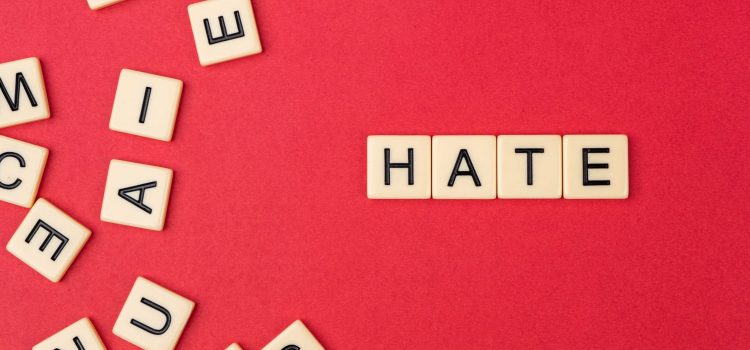

This article is an excerpt from the Shortform book guide to "Poor Charlie's Almanack" by Charles T. Munger. Shortform has the world's best summaries and analyses of books you should be reading.
Like this article? Sign up for a free trial here .
What is the halo effect bias? How do you correct the halo bias?
The halo effect bias is the tendency to let your dislike of someone or another group blind you to the virtues and strengths of the other party. This can lead to bad decisions or dangerous underestimation of a hated enemy. You can correct the bias by inverting your feelings to see what you can find to like about the object of your hatred.
Read on to learn more about the halo effect bias.
What It Is
In direct contrast to the liking tendency, the halo effect bias is the tendency to dislike and hate things and people.
- For someone or something you dislike, you ignore its virtues.
- You dislike people, products, and actions associated with what you dislike.
- You distort facts to facilitate your hatred—you ignore positives and harp on the negatives.
Why It Evolved
The halo effect bias evolved because the dislike of an “other” group promoted resource seizing or conquest of other tribes, and thus enhanced survival.
How It Can Be Harmful
Disliking someone can cause you to ignore the full facts (like the positives of a person), which distorts your decision-making.
- In business, if you dislike your competition, you may underestimate their strengths; in reality, they may be able to defeat you handily.
Sometimes businesses dislike each other so much that they fixate on competition, rather than growing the pie together or exiting the market entirely. This occurs because the emotional reaction to hate is so strong.
The halo effect bias can lead to a vicious cycle where you ignore the virtues of the object of your hatred and obsess about weaknesses, which causes you to further dislike someone and thus further ignore her virtues.
Rifts between people who dislike each other can progressively widen until there is no common ground, and agreements are harder to achieve. Inconsistency-avoidance tendency keeps this further entrenched.
Examples of the Halo Effect Bias
- Negative political advertising between opposing parties showcases how strongly people can dislike each other.
- Munger notes that when the World Trade Center was destroyed, many Pakistanis concluded the Hindus did it, and many Muslims concluded the Jews did it. At times, there is a natural tendency for groups to dislike each other.
- As an exercise, pick anything you strongly dislike, and see how many good things you can say about it.
Antidotes
Invert, always invert—what can you find to like about an object of your hatred? How can you come to accept this thing you like?
You overcome the halo effect bias by respecting your competitors not as incompetent idiots but instead as people who are highly competent with many virtues, whom you will respect and target with your own strengths and virtues.

———End of Preview———
Like what you just read? Read the rest of the world's best book summary and analysis of Charles T. Munger's "Poor Charlie's Almanack" at Shortform .
Here's what you'll find in our full Poor Charlie's Almanack summary :
- A collection of Charlie Munger’s best advice given over 30 years
- Why you need to know what you’re good at and what you’re bad at to make decisions
- Descriptions of the 25 psychological biases that distort how you see the world






